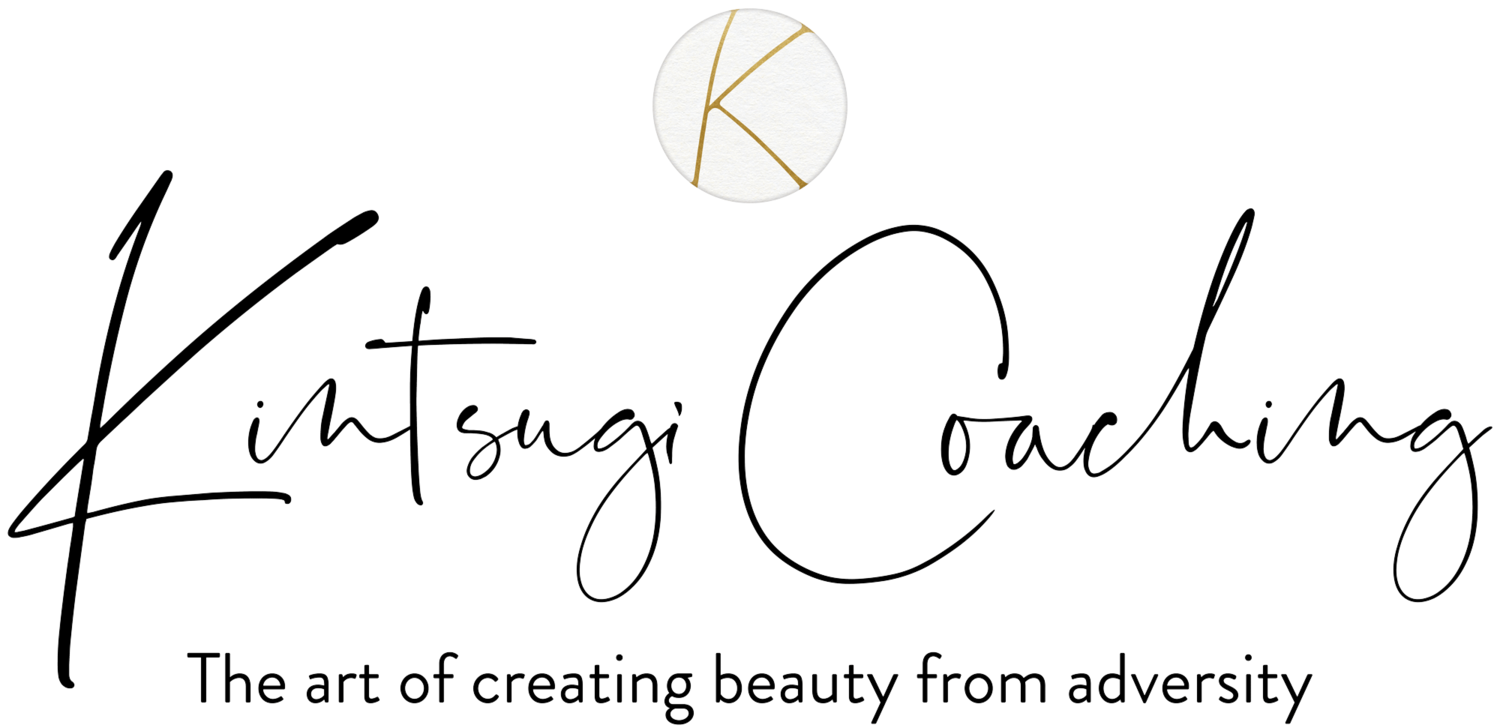Judgment
“Happy are those who find fault with themselves instead of finding fault with others.”
—Muhammed
“Judge not, that you not be judged…the measure you give will be the measure you receive.”
— Jesus
As I write this, thousands of people are gathering for Michael Jackson’s memorial. Although I do not listen to or watch much news, I did not miss the deluge of commentary on the former pop star, and what I saw and heard made me profoundly sad: sad for his children, sad for Jackson himself, and sad about the frenzy of so-called “reporting” that was composed primarily of conjecture and speculation and made Jackson out to be a bizarre exhibit in a celebrity sideshow.
To be sure, Michael Jackson was not an ordinary sort of person and he did not live an ordinary life, but I did not know Mr. Jackson, and I’m guessing most of those talking about him and speculating about his life and death never met him either. We don’t know what he was like, or how he really lived, or what he felt inside. We don’t know anything. And yet there is no hesitation to pass all sorts of judgment about this person. And he is but an example of what we do to others, famous and anonymous, every day. We judge based on no personal knowledge or understanding whatsoever. We judge ethnicity, weight, money, dress, religion, sexual orientation; whatever one imagines separates oneself from “that person” or “those people.”
I had two fathers growing up. My birth father was an extremely intelligent, witty man and a gifted writer. Unfortunately, he was also very angry, frustrated, and alcoholic. He disliked the world and the world, naturally enough, dislike him. I grew up in a home of criticism, negativity, and judgment about “those” people. My father died at the age of 52 from a massive cerebral hemorrhage.
My stepfather, whom I inherited at the age of 12, was a very different kind of man. He, too, was intelligent. He was a talented teacher, a university dean and a classical musician. He was gentle, kind, positive, peaceful, and compassionate. He saw beauty in everyone and everything and, as a result, the world loved him.
I count myself as blessed to have had these two wonderful teachers in my life, to have had two examples of how the way we choose to be in the world reflects who we are and determines what we will receive. Happy people feel no need to judge. It’s not even a moral choice: happy people naturally exude their happiness to others. Compassionate people offer acceptance. As within, so without.
Every spiritual teaching has some version of the Golden Rule, but it would be a mistake to think that this rule is a simple quid pro quo. The deeper teaching is this: we are all one. What you do to others, you do to yourself. Your judgments reflect who you are and determine who you are. Judgment is born of fear. Acceptance and kindness are born of love, love of Self, and love of Life. And the lesson of this life is to learn to love.

